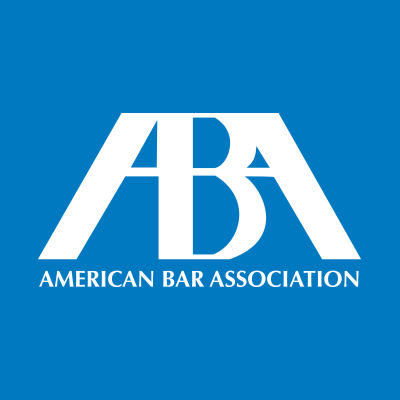ABA opposes anti-money laundering bill requiring suspicious-activity reports by lawyers

ABA President Hilarie Bass is expressing concerns that an anti-money laundering bill would undermine the attorney-client privilege and impose “burdensome and intrusive regulations” on small businesses and their lawyers.
In a letter to leaders of the Senate Judiciary Committee, Bass asks the committee to oppose the bill, known as the TITLE Act for True Incorporation Transparency for Law Enforcement, according to an ABA press release.
The ABA opposes provisions that would regulate many lawyers and law firms as financial institutions under the Bank Secrecy Act when they help clients to establish small corporations and limited liability companies.
The bill would require small businesses and their lawyers to gather extensive beneficial ownership information on businesses when they incorporate. The information would be held and disclosed on request to many governmental agencies and financial institutions.
Lawyers who help incorporate would also be required to make suspicious-activity and money-laundering reports to the government.
Subjecting lawyers to reporting requirements under the Bank Secrecy Act “would undermine the attorney-client privilege, the confidential lawyer-client relationship, and traditional state court regulation of the legal profession,” the letter says.
The bill contains an exemption to the reporting requirement for lawyers who outsource incorporation work to “paid formation agents,” but “this limited exemption is flawed and ineffective,” the letter says. The exemption would not apply to the requirement for lawyers to keep records on beneficial ownership.
The bill would also impose burdensome requirements on small businesses and their agents to disclose beneficial ownership information to state authorities and then update that information continuously during the lifespan of the businesses, the letter says. States would have to maintain the information in a “massive database” that could be subjected to cyberattacks, the letter adds.
Bass says requirements in the bill are unnecessary because steps already taken are more effective in fighting money laundering and terrorist financing.
“The ABA has worked diligently for years with the legal community, federal law enforcement authorities, international stakeholders, and states to advance reforms to combat money laundering and terrorist financing,” Bass wrote. “Indeed, the ABA supports reasonable and necessary domestic and international measures to fight these illicit activities, and we commend the sponsors of the legislation for their efforts in this regard. However, the ABA opposes the proposed regulatory approach set forth in S. 1454 and other similar legislation.”
One of the bill’s sponsors is U.S. Sen. Sheldon Whitehouse, D-R.I., who said in a July press release that the legislation is intended to end anonymous corporate ownership that shields bad actors. “Whether you’re a greedy criminal or a power-hungry foreign adversary, shell corporations are a great tool for hiding ill-gotten gains, masking fraud, or concealing covert influence campaigns,” he said.
Write a letter to the editor, share a story tip or update, or report an error.


